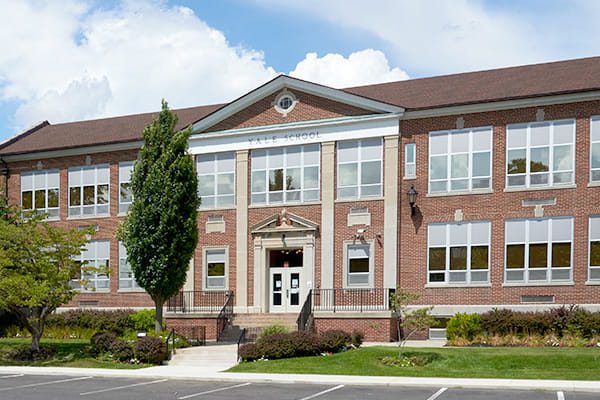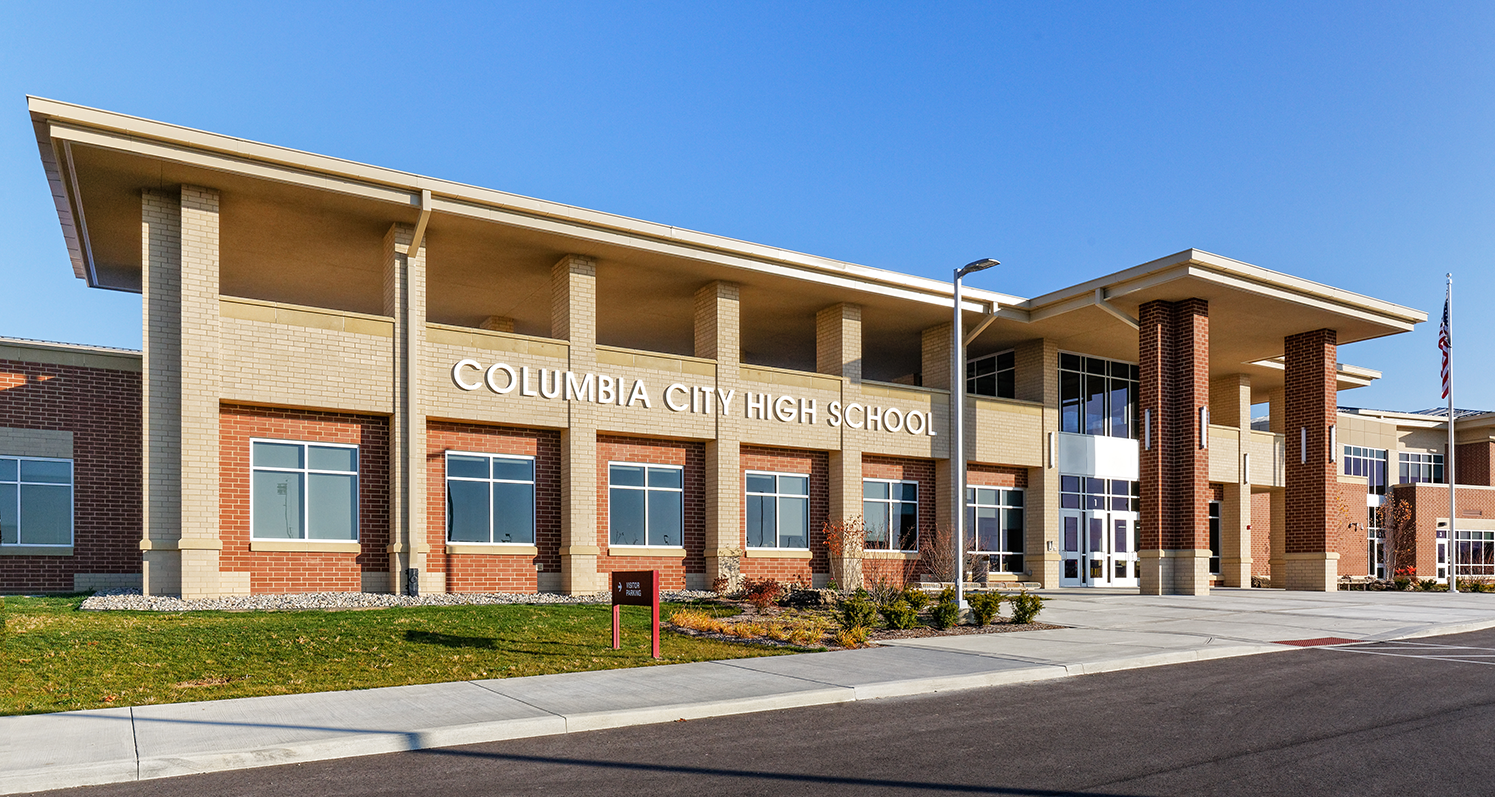Why It's Vital to Rally Together to Save Temecula Schools
Why It's Vital to Rally Together to Save Temecula Schools
Blog Article
Just How Schools Play a Critical Duty in Shaping Future Leaders and Innovators
By incorporating project-based knowing and interdisciplinary researches, educational establishments test trainees to analyze and synthesize complex information. Teachers offer as advisors, assisting students and nurturing their possibility, while extracurricular tasks even more create management abilities and resilience.
Promoting Important Thinking
In today's quickly advancing globe, fostering important assuming within schools has actually ended up being extremely important. As culture comes to grips with significantly complex global difficulties, the capability to analyze, review, and manufacture info is vital. Schools play an important duty in developing these abilities, preparing students to browse and deal with multifaceted issues with informed, reasoned decisions.
To grow essential reasoning, teachers employ different pedagogical strategies that urge active learning and intellectual interaction. Class conversations, problem-based knowing, and Socratic examining are instrumental in advertising analytical and reflective idea processes. By testing trainees to question presumptions and take into consideration multiple point of views, these techniques ensure a deeper understanding of topic beyond memorizing memorization.
In addition, incorporating crucial thinking across the curriculum strengthens its relevance and applicability in diverse contexts. Subjects such as maths, science, history, and literature each offer one-of-a-kind opportunities to develop students' important faculties. Examining historical events requires reviewing sources and comprehending context, while scientific questions needs strenuous hypothesis testing and evidence-based thinking.
Inevitably, instilling crucial believing skills in trainees outfits them with the cognitive devices needed for long-lasting learning and versatility. It is with this foundational proficiency that future leaders will certainly be able to introduce, address problems, and add meaningfully to society.
Encouraging Imagination
Welcoming imagination within instructional structures galvanizes students to think past conventional borders and check out ingenious remedies. By incorporating imaginative endeavors and imaginative reasoning exercises right into the educational program, colleges grow an atmosphere where originality and creative thought are valued. This strategy not just enriches the academic experience yet likewise furnishes students with the capacity to deal with real-world difficulties in novel ways.
Educational establishments can cultivate imagination via varied methods such as project-based discovering, interdisciplinary research studies, and the incorporation of arts and innovation. Project-based knowing, for example, urges pupils to apply their understanding in useful, commonly joint, projects that require creative problem-solving abilities. Interdisciplinary research studies permit trainees to draw connections in between various subjects, thereby widening their viewpoints and improving their creative capacities.
Moreover, offering students with opportunities to engage with arising modern technologies, such as coding and digital design, additionally nurtures their imaginative possibility. These tasks prompt pupils to experiment, fall short, and iterate, which are critical parts of the innovative procedure (Save Temecula Schools). By maintaining an encouraging atmosphere where trial and error is motivated, schools can guarantee that pupils create the confidence to seek innovative concepts
Basically, supporting creativity in academic settings is vital for forming future leaders and innovators efficient in attending to complex global problems with ingenuity.
Promoting Cooperation

Implementing group-based knowing modules and participating projects enables trainees to experience the dynamics of synergy firsthand. This not just prepares them for the joint nature of modern-day offices yet additionally nurtures leadership qualities as they usually need to handle duties such as job supervisors or team planners. Additionally, collaboration in the classroom can damage down social barriers and promote inclusivity, ensuring that each trainee feels valued and heard.
In addition, integrating technology can even more support collaborative efforts. Devices like common interactive systems and electronic workspaces enable students to collaborate effectively, also outside the classroom. As pupils establish these collaborative abilities, they are better outfitted to take on complex obstacles and innovate, laying the foundation for their future functions as trendsetters and leaders.
Duty of Educators as Mentors

Mentorship involves personalized attention, where teachers recognize and support individual strengths and address weak points. Save Temecula Schools. Via one-on-one communications, instructors can tailor their guidance and assistance to fulfill each student's one-of-a-kind needs, fostering a sense of confidence and strength. This individualized approach grows a growth way of thinking, motivating trainees to watch failures as chances for learning and growth
Additionally, teachers work as good example, showing the values of integrity, willpower, and compassion. Their mindsets and activities supply a blueprint for pupils to imitate, instilling a feeling of honest duty and social awareness. By developing a inclusive and supportive classroom setting, instructors allow students to establish interpersonal skills check this site out that are critical for reliable management.
Essentially, the mentorship supplied by teachers lays a fundamental structure for the growth of future leaders, outfitting them with the expertise, abilities, and values required to master an ever-evolving world.
Effect of Extracurricular Activities
When incorporated properly into the instructional framework, extracurricular activities dramatically improve pupil growth and leadership possibility. These tasks offer students with chances to discover passions beyond the standard curriculum, promoting a versatile ability. Clubs, sports teams, and arts programs cultivate necessary top qualities such as teamwork, time management, and durability. Participation in these activities usually calls for trainees to take on responsibilities, thus supporting their leadership abilities.
Trainees engaged in dramatization, songs, or dispute clubs learn to assume critically and technique troubles from diverse viewpoints. By teaming up with peers from different histories, pupils additionally establish empathy and communication abilities, vital traits for future leaders.
Research shows that trainees included in such programs tend to have greater grades and much better presence documents. Thus, institutions that focus on a well balanced approach to education, incorporating robust extracurricular programs, are a lot more most likely to create leaders and trendsetters furnished to meet the obstacles of the future.

Final Thought
In conclusion, colleges considerably form future leaders official website and innovators by supporting crucial thinking, imagination, and collaboration amongst trainees. Engaging instructional strategies such as project-based understanding and interdisciplinary research studies play an essential role in this advancement. Teachers, working as coaches, offer essential support and assistance, while extracurricular tasks additionally improve management potential and durability. By fostering a supportive environment that values private toughness and synergy, schools gear up pupils with the needed abilities to browse future difficulties and drive advancement.
As pupils create these collective skills, they are much better equipped to deal with complicated difficulties and innovate, laying the groundwork for their future roles as leaders and innovators.
By cultivating vital thinking and problem-solving abilities, teachers aid pupils navigate intricate difficulties, preparing them for leadership duties in numerous fields.
By teaming up with peers from different histories, trainees likewise develop compassion and communication abilities, vital qualities for future leaders.
In verdict, schools significantly form future leaders and innovators by supporting crucial thinking, creative thinking, and collaboration amongst students. By Check This Out cultivating a supportive setting that values private strengths and teamwork, colleges furnish trainees with the required abilities to navigate future obstacles and drive development.
Report this page